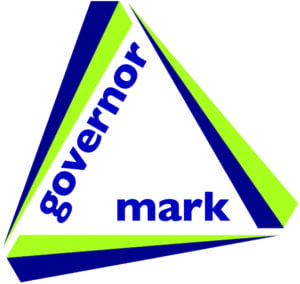Why choose Level 3 early childhood development?
If you are passionate about working with children and want to understand how they grow, learn, and develop, this course is for you. Whether you aspire to become a teacher, children’s nurse, social worker, or play therapist, early childhood development offers a strong foundation for your next steps.
You’ll study key areas such as child development, learning theory, and attachment, while building your skills in research, independent study, and academic writing. This course combines exams and coursework, making it ideal for students who enjoy varied methods of assessment.
It supports progression to university and Level 4 degree apprenticeships in a range of child-related fields and helps develop the critical thinking and communication skills needed in professional practice.
How will Level 3 early childhood development be delivered?
The course is delivered through a combination of teacher-led sessions, group projects, research tasks, and presentations. You will develop key academic and practical skills while exploring topics that link scientific theory with real-world applications.
You will study four main units:
- Children’s development – examining how children develop from birth to eight years, exploring key theories, principles, and factors that influence development
- Keeping children safe – learning about safeguarding, health and safety responsibilities, and how to respond to emergencies or concerns about a child’s welfare
- Play and learning – exploring different types of play, relevant theories, and how play supports children’s learning and development
- Research and reflective practice in an early childhood setting – understanding how research informs practice and reflecting on your own experiences in early years settings to support professional growth
Course type: Level 3 Alternative Academic Qualification BTEC National Extended Certificate
Board: Pearson
Entry requirement: Five grade 4s or above at GCSE including English language and either maths or science
Assessment
Assessment is a combination of external exams and internal coursework:
- Units 1 and 2 are externally assessed through written examinations
- Units 3 and 4 are internally assessed through coursework and portfolio tasks
This balanced approach allows you to demonstrate your understanding through both formal exams and practical, research-based work. Assessment is spaced across the two years, with regular feedback to support your progress.
Progression
This qualification is recognised by universities and supports progression to a range of degree courses and professional routes, including:
- BSc children’s nursing
- BSc childhood and early years studies
- BA social work
- Qualified teacher status (early years or primary)
- Degree apprenticeships and other Level 4 qualifications
- It is also excellent preparation for working directly in early years education, health, or social care settings.


